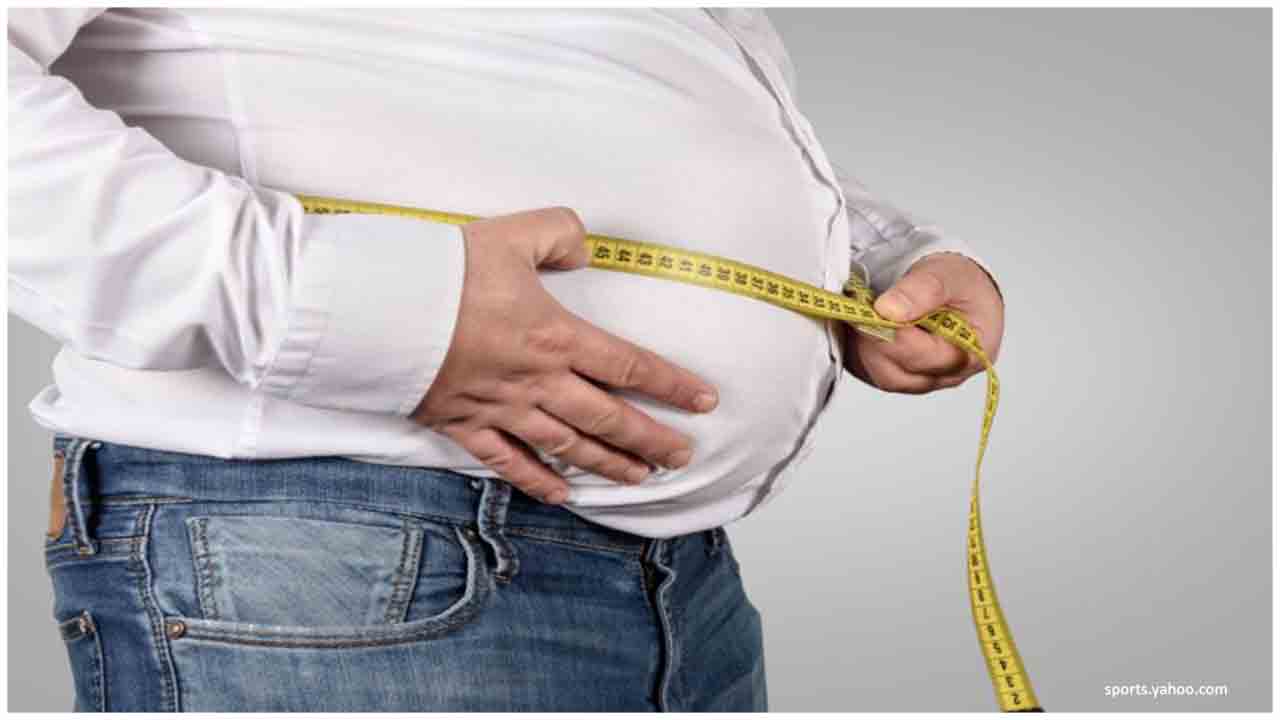Obesity is a condition wherein a person has an unhealthy amount and/or distribution of body fat. To measure obesity, researchers have been commonly using a scale known as the BMI - body mass index which is calculated by dividing a person’s weight (in kilograms) by their height (in meters) squared (commonly expressed as kg/m2). For most people it is a fairly good (although indirect) indicator of body fatness. But there is an upgraded way to measure the obesity or body fat that is through BCA – Body composition analysis, which gives a complete distribution of fat mass, muscle mass, water and body fat percentage. BCA describes weight more accurately than BMI.
Other measurements that reflect the distribution of body fat include waist circumference and the waist-to-hip ratio (the waist circumference divided by the hip circumference).
Almost all of the evidence linking obesity to cancer risk comes from large observational studies. But the data can be difficult to interpret and can’t be used to absolutely establish this fact that obesity causes cancer since obese or overweight people may differ from lean people in ways other than their body fat, and it is possible that these other differences are what explains their different cancer risk. Despite the limitations of the studies, there is relatively many evidence that have shown that higher amounts of body fat are associated with increased risks of a number of cancers.
How to decrease the cancer risk?
Yes, this is an important question in today’s time with the kind of foods being consumed by our population and growing children which has lead to more calories and less physical activity hence making them obese or overweight.
More of whole grains
Eating too much of calories can increase body fat thus increasing your risk of cancer.
Fiber is super important for blood sugar control and weight management. So go for whole cereals in your diet and specifically in your three major meals. Avoid refined cereals, as they are processed to skim down their health valuing parts. Foods that are pretty much lower in calories and sugar and higher in fiber can help you manage your weight. Hence maintaining a normal or healthy weight is one of the most important things once can do to reduce the cancer risk.
Make a healthy food list
Before your monthly grocery shopping, make a list of things absolutely required so as to make healthier choices when you are at the store. Keep your menu simple. Complicated ingredients are not required to make a tasty and healthy meal.
Use more vegetables and fruits
Vegetables and fruits have long been known to have the highest antioxidant content in them. So grab them as much as you can and make sure to consume them fresh to reap in the benefits of their cancer-protective properties.
Read the labels
Make it a habit to read the labels before you buy a packaged product as it gives you an idea about how much salt or sugar and other additives have been used in it. Make sure to pick up something that has less than three to four ingredients.
Choose foods that fight inflammation
Foods that fight inflammation are fatty fish like tuna, mackerel, salmon and sardines, whole grains like brown rice and probiotics like yogurt and kombucha.
What increases your cancer risk?
There are foods that can reduce your cancer risk and there are foods that can increase it. So make sure to be away from them as much and as far as possible.
Processed meat
Processed meats like sausages, salami, nuggets, bacon and any meat you find in a packet have compounds that cause cancer. Even processed meats that say uncured or nitrate free should be avoided.
Less of red meat
Choose lean meats or white meat such as chicken, fish or plant-based protein and avoid red meat like mutton, lamb and organ meats as much as possible.
Limit alcohol
Men should have no more than two servings of alcohol per day. Women should have no more than one serving of alcohol per day.
With all the above precautions you might not completely eliminate your cancer risk. But if you focus on eating a well balanced diet and maintaining a healthy weight, you will definitely go a long way in reducing your cancer risk.

 With all the above precautions you might not completely eliminate your cancer risk. But if you focus on eating a well balanced diet and maintaining a healthy weight, you will definitely go a long way in reducing your cancer risk.
With all the above precautions you might not completely eliminate your cancer risk. But if you focus on eating a well balanced diet and maintaining a healthy weight, you will definitely go a long way in reducing your cancer risk.









.jpeg)


.jpeg)



.jpeg)
.jpeg)






.jpeg)





